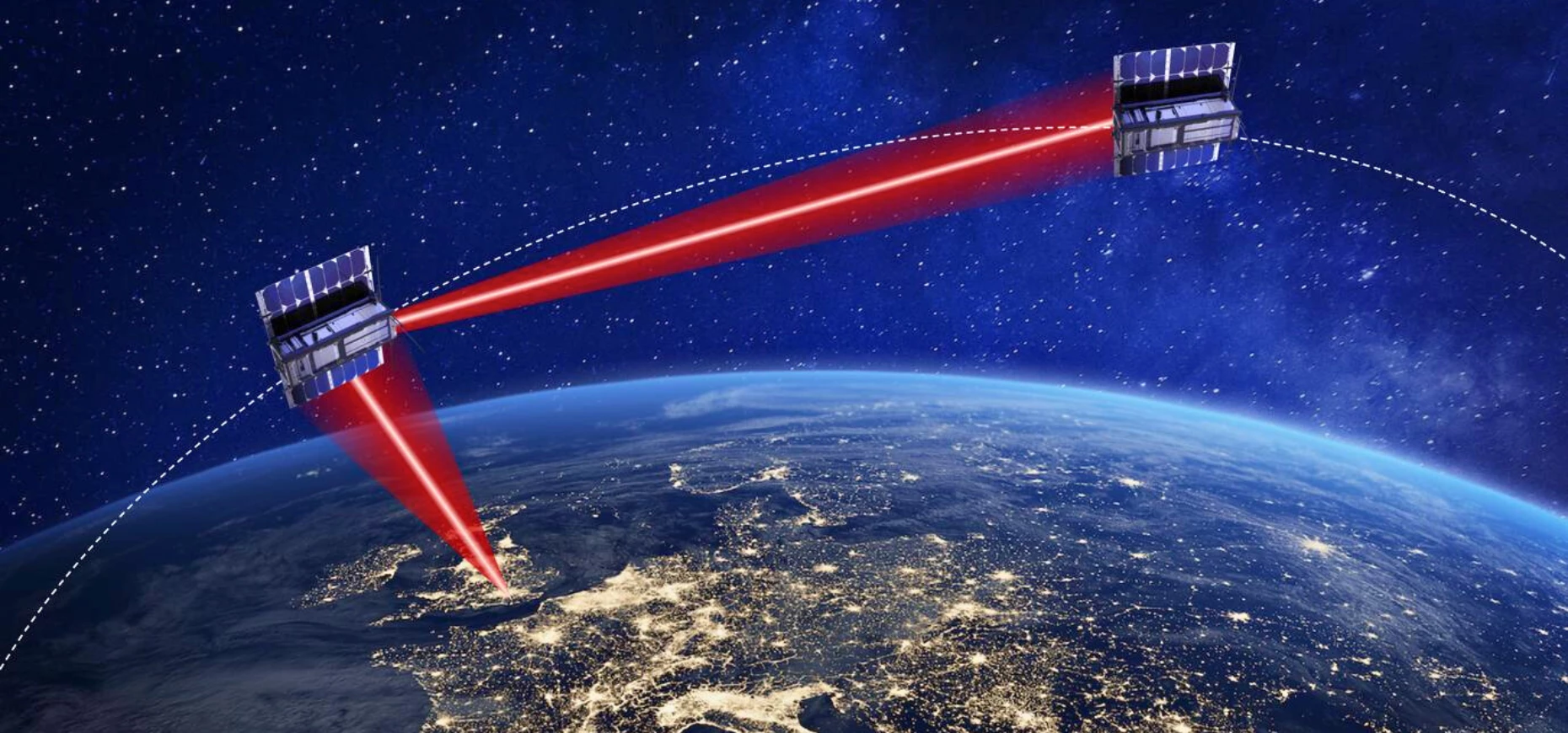
UK launches £65m funding call for ‘ground-breaking’ new space technologies
The UK Space Agency has announced up to £65m of funding for ‘ground-breaking innovations’ that could boost UK leadership in space technologies and applications.
The National Space Innovation Programme (NSIP) will support high-risk, high-reward projects designed by British organisations with the potential to accelerate the development of new space technologies, satellite applications, and services.
The programme provides an opportunity for the UK space sector to develop ‘novel and valuable’ commercial innovations that could tackle challenges such as the use of satellite data to combat climate change or providing services to make in-orbit applications more sustainable.
The first tranche of up to £34m funding is now open to proposals that will drive innovation, accelerate the route to market, and catalyse investment into the UK space sector. The remaining funding will be split across further calls in 2024 and 2025 with projects running until March 2027.
George Freeman MP, Minister for Space at the Department for Science, Innovation and Technology, commented: “Our space sector is constantly advancing thanks to pioneering new ideas from our world-class scientists and technologists that push the potential of British innovation at its best.
“Investing in these projects not only bolsters the UK’s seat at the table of the global space community, but it unlocks future business and job opportunities that will accelerate the growth of our nation’s £17.5bn space sector.”
Dr Paul Bate, Chief Executive of the UK Space Agency, added: “In today’s interconnected world, space technologies have become critical to almost every aspect of our daily lives.
“The National Space Innovation Programme will support the UK’s most ambitious space technology projects and their potential to address real-world challenges, to catalyse investment, deliver new missions and capabilities, and harness the power of space to improve lives.”
Since its pilot launch in 2020, NSIP has provided organisations with over £25m in funding, including SatVu which used the support to develop the first Middle Wavelength Infra-Red satellite, launched in June 2023. The satellite uses Earth observation data to gain insights into building emissions that can improve customer energy use and reduce emissions.
Northumbria University, meanwhile, used NSIP funding to design, test and build a new miniaturised laser optical communications terminal that will deliver a step-change in inter-satellite data sharing that could support future satellite constellations and space science missions.
By Matthew Neville – Senior Correspondent, Bdaily
- Add me on LinkedIn and Twitter to keep up to date
- And follow Bdaily on Facebook, Twitter and LinkedIn
- Submit press releases to editor@bdaily.co.uk for consideration.
Looking to promote your product/service to SME businesses in your region? Find out how Bdaily can help →
Enjoy the read? Get Bdaily delivered.
Sign up to receive our popular morning National email for free.






 A legacy in stone and spirit
A legacy in stone and spirit
 Shaping the future: Your guide to planning reforms
Shaping the future: Your guide to planning reforms
 The future direction of expert witness services
The future direction of expert witness services
 Getting people into gear for a workplace return
Getting people into gear for a workplace return
 What to expect in the Spring Statement
What to expect in the Spring Statement
 Sunderland leading way in UK office supply market
Sunderland leading way in UK office supply market
 Key construction developments in 2025
Key construction developments in 2025
 Mediation must be part of planning process
Mediation must be part of planning process
 From apprentice to chief financial officer
From apprentice to chief financial officer
 Don't stifle growth with apprenticeship cuts
Don't stifle growth with apprenticeship cuts
 The start-up landscape: What lies ahead in 2025
The start-up landscape: What lies ahead in 2025
 JATCO adds welcome drive to automotive sector
JATCO adds welcome drive to automotive sector